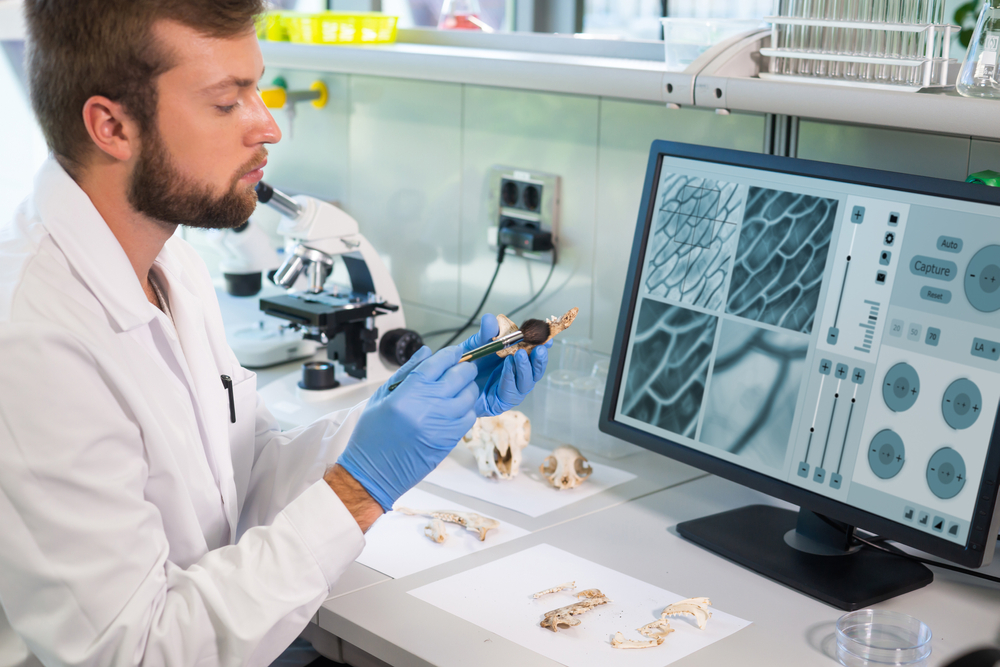


LONDON - The Buck Institute for Research in Aging, located in California (USA), has a dedicated focus area for AI and computational biology. Their aim is to exploit the full value of research data and expertise in the pursuit of new interventions and diagnostic tools that will enable the extension of human healthspan.
Artificial Intelligence (AI) has enormous potential in many areas of healthcare. The link between AI and computational biology lies in the fact that AI can propel the transformation of large amounts of aggregated data into “usable” knowledge.
Amongst different fields where the combination of AI and computational biology is extremely promising, drug discovery is the top one. The traditional drug discovery process of analyzing small data sets focused on a particular disease is offset by AI technology, which can rationally discover and optimize effective drugs or combinations of drugs based on big datasets. Importantly, the AI-informed systems are designed based on experimental results, and they do not involve mechanistic hypotheses or predictive models.
AI and computational biology to accelerate drug discovery
Drug discovery is a highly complicated process that always requires several years and significant financial resources. However, most of the drugs are then rejected at the clinical trial stage due to toxicity and/or lack of efficacy, resulting in a huge waste of time and money. Making the drug development process faster and more cost-effective would have a tremendous impact on the biopharma and healthcare landscapes.
Virtual screening pipelines that use large computational data have been developed, successfully reducing the cost of high throughput screening and further increasing the efficiency and predictability of potential small molecules. Virtual screenings can be classified
The content herein is subject to copyright by The Yuan. All rights reserved. The content of the services is owned or licensed to The Yuan. Such content from The Yuan may be shared and reprinted but must clearly identify The Yuan as its original source. Content from a third-party copyright holder identified in the copyright notice contained in such third party’s content appearing in The Yuan must likewise be clearly labeled as such. Continue with Linkedin
Continue with Linkedin
 Continue with Google
Continue with Google










 20768 views
20768 views







